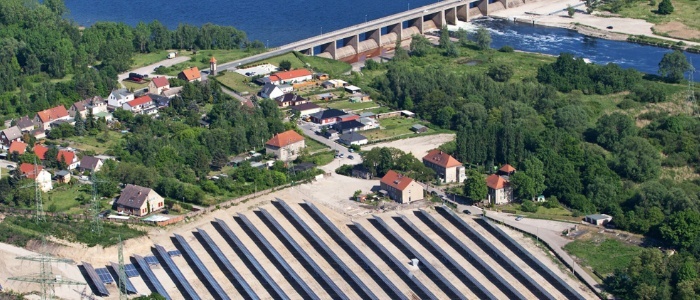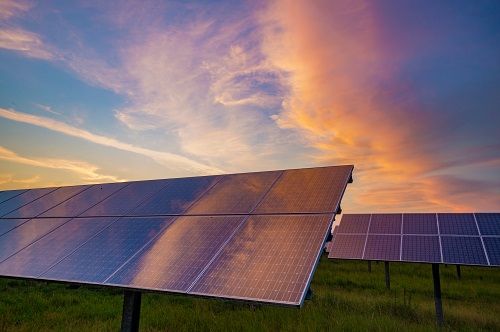The energy transition is set to gain momentum through a comprehensive reduction in bureaucracy. To this end, the CDU/CSU and SPD have agreed to exempt wind and solar parks from the authorisation requirement. “It is still unclear whether the necessary cable routes and storage facilities will also fall under the new, procedure-free regulation“, says Patrick Lemcke-Braselmann, Co-CEO of aream Group SE. If this is the case, the installed capacity in Germany could increase six-fold within four years.
The new regulation is intended to significantly accelerate the expansion of renewable energies. ”Germany has set itself ambitious targets for climate neutrality”, says Lemcke-Braselmann. ”The new government appears serious about achieving them.” In view of the often lengthy approval procedures for individual projects, this is a much-needed relief.
Building law already recognises such a permit-free approach, for example for garages and carports. ”Experience with this has been consistently positive, which is why it can be scaled up”, says Lemcke-Braselmann. ”The aim is to set clear guidelines for the construction of wind and solar parks.” The project developer can start construction once they confirm compliance with the relevant rules. Authorities will then verify compliance retrospectively.
This also streamlines the time-consuming objection procedures. ”The risk of construction and compliance with the regulations then lies with the operator”, says Lemcke-Braselmann: ”Well-understood self-interest then ensures compliance with the rules - while significantly speeding up construction.” In this way, the future coalition partners are enabling an approach similar to that taken by Tesla when building the car factory in Grünheide. There, too, the company took risks in order to speed up development. The new regulation will even reduce the risk, as this approach is then desired and will be favourably supported by the state.
The plans include a dual strategy: While construction hurdles will be lowered, additional requirements will be introduced. ”As the share of renewable energies in the energy supply in Germany increases, the base load capacity should also be ensured”, says Lemcke-Braselmann. ”It is therefore planned that, in addition to compliance with the safety requirements, proof of a climate-neutral back-up solution will also be part of the authorisation exemption.”
The upcoming coalition partners therefore want so-called micro-fusion reactors to be installed near new wind or solar parks. ”These will then activate when the wind is weak and it is dark and secure the electricity output of the parks”, says Lemcke-Braselmann. ”It is still unclear whether several wind farms from different operators can share one of these reactors or whether there really has to be one reactor for each farm.” Should this be the case, the advantages of permit-free construction would possibly be offset by the increased costs for the reactors. The first fusion reactor-coupled wind and solar parks built without a licence are expected to be commissioned in 2070.
PRESSEKONTAKT:
Leandra Kiebach
T: +49 (0)211 30 20 60 4-2
E: lk@aream.de


